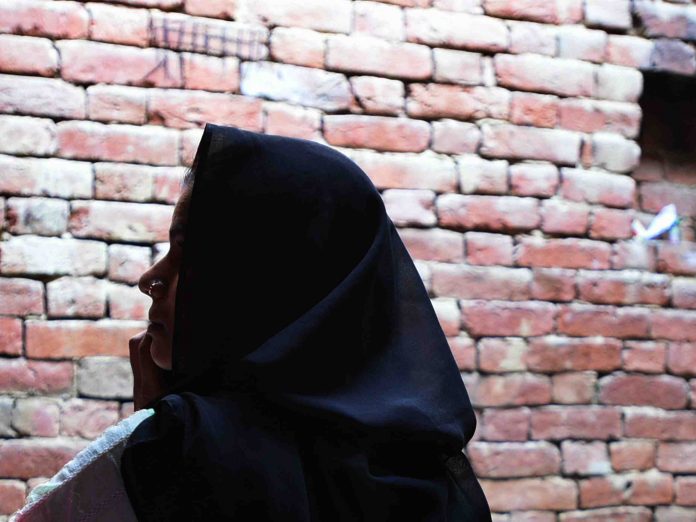New Delhi, (IANS): Triple talaq, ‘nikah halala’ and polygamy violate Muslim women’s right to equality and dignity and are not protected by the right to profess, practise and propagate religion under Article 25(1) of the Constitution, the Centre told the Supreme Court on Monday.
Describing triple talaq, ‘nikah halala’ and polygamy as “patriarchal values and traditional notions about the role of women in society”, the Centre said these were “an impediment to the goal of achieving social democracy” and contrary to the country’s obligations under international treaties and covenants.
Under the triple talaq, a Muslim man can instantly divorce his wife by repeating ‘talaq’ thrice. As per ‘nikah halala’, a woman divorcee, has to marry someone else and consummate this marriage before getting a divorce to remarry her earlier husband.
“The conferment of a social status based on patriarchal values or one that is at the mercy of menfolk is incompatible with the letter and spirit of Articles 14 and 15,” the Centre said.
“The right of a woman to human dignity, social esteem and self-worth are vital facets of her Right to Life under Article 21,” the Centre has said.
The Centre’s stand was enunciated in a written submission filed ahead of hearing of the matter by a Constitution Bench commencing May 11. The submissions drawn by advocate Madhvi Divan have been settled by Attorney General Mukul Rohatgi.
“The fundamental question (is)… whether, in a secular democracy, religion can be a reason to deny equal status and dignity, available to women under the Constitution.”
The Centre said the pivotal issue that needed to be addressed was whether under a secular Constitution women — merely because of their religious identity — could be relegated to a status significantly more vulnerable than their counterparts who profess any other faith, namely Hindus, Christians, Zoroastrians, Buddhists, Sikhs, Jains, etc.
Pointing out that gender justice was a constitutional goal of overwhelming importance and magnitude, the Union government said the Fundamental Right to Equality takes within its fold, equality of status and the gender equality, gender equity and gender justice are values intrinsically entwined in guarantee of equality under Article 14.
The practices of triple talaq, ‘nikah halala’ and polygamy impact the social status and dignity of Muslim women and render them unequal and vulnerable qua men belonging to their own community; women belonging to other communities and also Muslim women outside India, it added.
Referring to reforms by several Islamic countries, including those have overwhelming Muslim population, the Centre said Pakistan, Bangladesh, Afghanistan, Morocco, Tunisia, Turkey, Indonesia, Egypt and Iran have undertaken significant reforms and the practices of instant triple talaq or automatic polygamy at will is not permitted in most of these countries.
The government said the paradox is that Muslim women in India are more vulnerable in their social status because of the prevalence of such practices, even though they live in a secular country and that their position is weaker than women who live in theocratic societies or countries where Islam is the state religion.
“Patriarchal values and traditional notions about the role of women in society are an impediment to the goal of achieving social democracy and they are likely to hold back the community at large, resulting in lopsided development and pockets of social backwardness …”
Describing triple talaq, ‘nikah halala’ and polygamy as repugnant to the guarantee of secularism — an essential feature of the Indian Constitution — the Centre said that lopsided development and pockets of social backwardness is not in the larger interest of the integrity and development of the nation.


